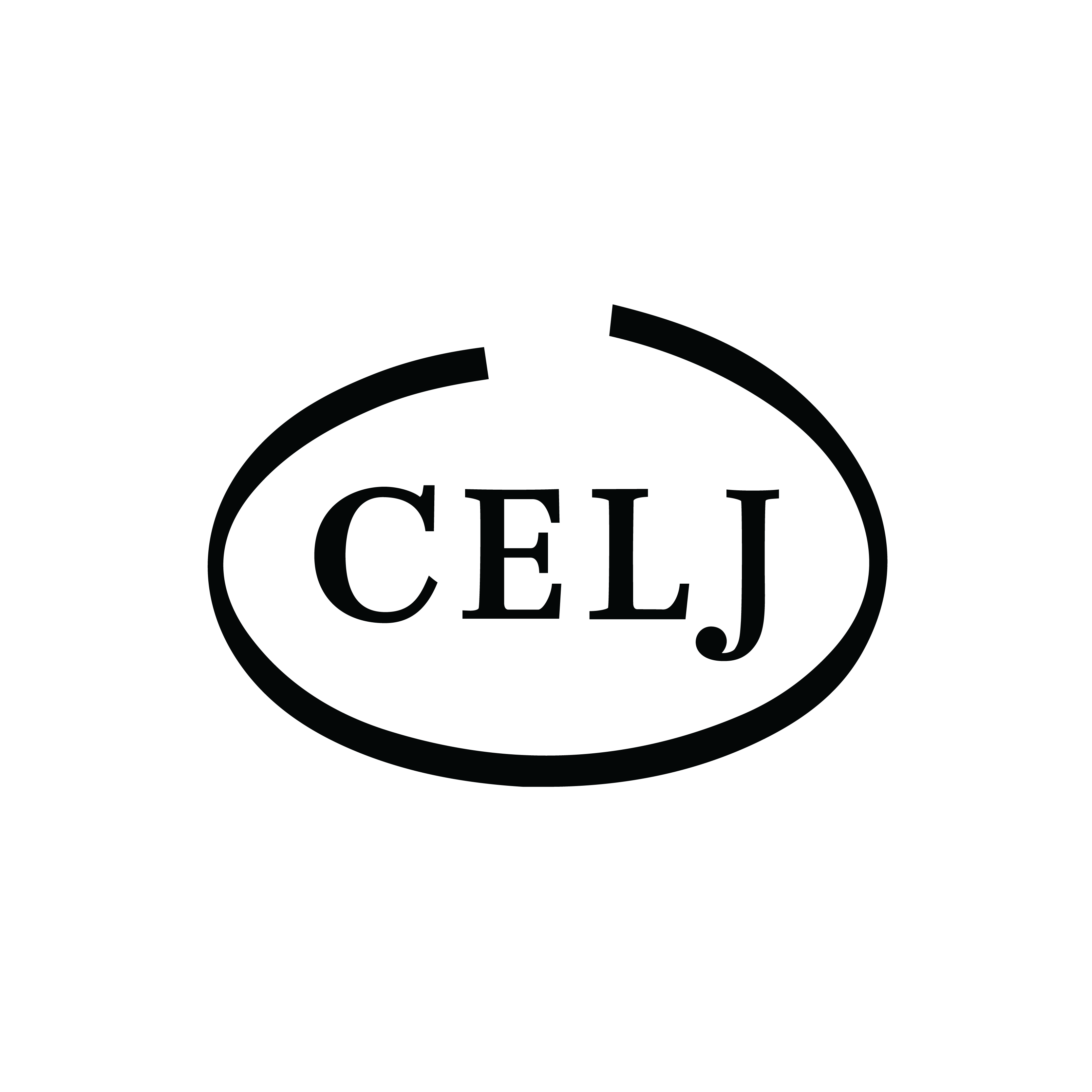Multimodal Research Within/Across/Without Borders
17.3 Summer 2013
-
Topoi
-
Making Meaning at the Intersections
Michael Neal, Katherine Bridgman, and Stephen J. McElroy
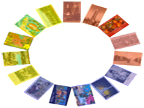
This webtext "provides an account of us—the authors—conceptualizing, constructing, and producing a digital archive of old postcards as a site for research." Readers are invited to participate in the meaning-making process within the FSU Card Archive by making meaning from the postcards within the archive and to leaving their own expertise and interests behind for others.
-
Bridges & Barriers to Development: Communication Modes, Media, & Devices
Rebecca Walton

"Drawn from a four-month field study of seven ICTD projects in India, this webtext reports a subset of findings about how communication modes, media, and devices affected the ability of projects to meet their development goals, such as improving the livelihoods of subsistence farmers. This research identified (1) communication-related factors that contributed positively (i.e., bridges) and negatively (i.e., barriers) to meeting development goals and (2) interrelations among those bridges and barriers."
-
-
Praxis
-
Multimodal Writing Instruction in a Global World
Angela Shetler, Susan Thomas, Frances Di Lauro, and Benjamin Miller
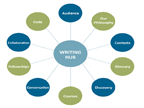
"The Hub represents a departure from the way writing is usually conceived of and taught in Australia, in that it emphasizes writing as a discipline with a classical rhetorical framework. … Through preliminary longitudinal data from our Sydney Study of Writing as well as student interviews and program feedback, we demonstrate how and why a rhetorical approach best supports the development of student writing in multimodal contexts."
-
Writing a Translingual Script
Amy Lueck and Shyam Sharma
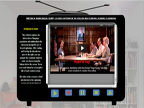
"The classroom activity described in this webtext is my attempt to think through the ways that the multimodal nature of closed captioning as a language practice could intersect productively with a translingual approach to language. Part of rhetorical awareness for a globalizing citizenry is an acknowledgement of the complexity of language choices—even and especially in contexts where language is seemingly transparent, standard, unquestioned."
-
Crossing Battle Lines: Teaching Multimodal Literacies through Alternate Reality Games
Scott Nelson, Chris Ortiz y Prentice, M. Catherine Coleman, Eric Detweiler, Marjorie Foley, Kendall Gerdes, Cleve Wiese, R. Scott Garbacz, & Matt King
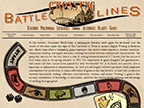
"Battle Lines offers a compelling game experience that allows student-players to develop rhetorical, community-building, and digital literacies, crossing boundaries between academic and ludic practices. The game was test-run for the first time in a class of undergraduate students at UT Austin over the course of four weeks early in the spring semester of 2012."
-
